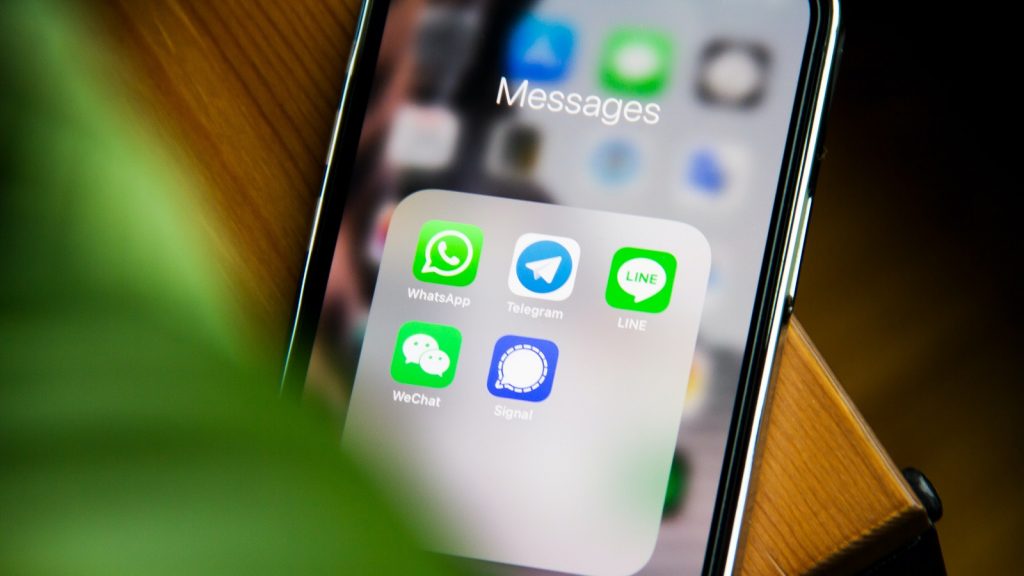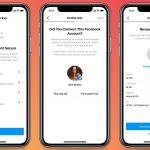Anthropic says its AI will not be used to spy on customers, even in government contracts. Here is what that means for AI governance, enterprise trust and defence partnerships.
WhatsApp most popular messaging app for phishing scams – research

New research from cybersecurity company Kaspersky showed WhatsApp is the most popular messaging app for phishing scams.
The company published the research on 13 July.
The research comes as Kaspersky launched a new feature on its Internet Security for Android app called Safe Messaging. The feature detects malicious links received in messaging apps and SMS.
“Statistics show that phishing in instant messenger apps is still one of the most popular tools among scammers,” Kaspersky Senior Web Content Analyst, Tatyana Shcherbakova, said in a statement.
“This is partly due to the wide popularity of these apps among the audience, as well as the ability to use the built-in functionality of applications to carry out attacks.”
WhatsApp accounts for most phishing scams
Between December 2020 and May 2021, WhatsApp accounted for 84.9% of all detected malicious links sent worldwide.
During the surveyed period, Kaspersky detected 480 links worldwide every day.
Telegram took second place with 5.7% while Viber was third with 4.9%. Google Hangouts accounted for less than 1% of detected links.
The countries that experienced the highest number of phishing attacks were Russia (46%), Brazil (15%), and India (7%).
According to Statista, an estimated 2.7 billion mobile phone users worldwide used over-the-top messaging apps to communicate. It expects that number to increase to three billion in 2021.
WhatsApp is the most popular messaging service with over two billion monthly active users.
Kaspersky reminded users of how they can prevent falling victim to phishing scams.
Users must look for misspellings or other irregularities in messages and not share suspicious-looking links with other contacts.
You should also be aware of hyperlinks that redirect to other places.
Featured image: Unsplash/Adem AY
Read more: Hackers reportedly scrape data of 90 000 GETTR users


